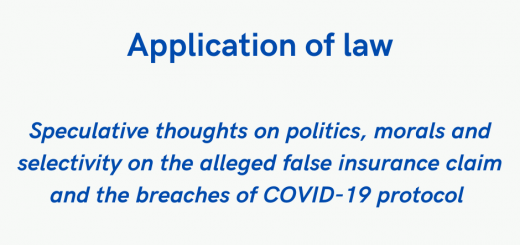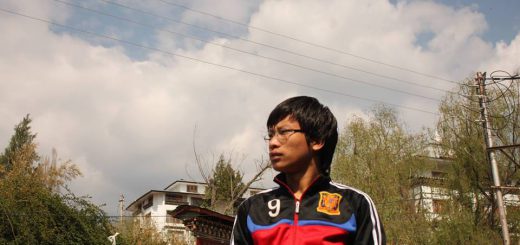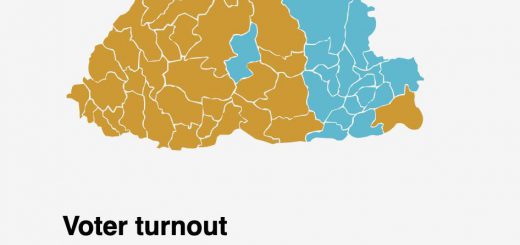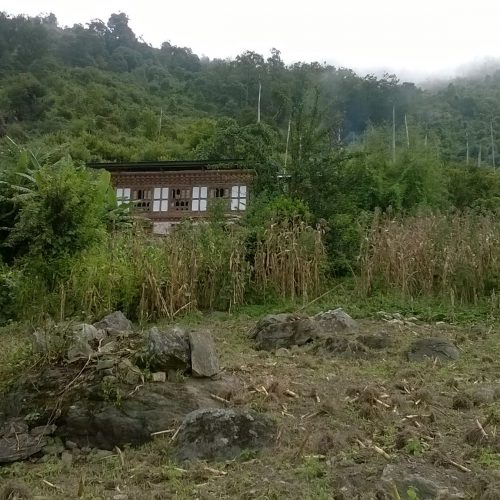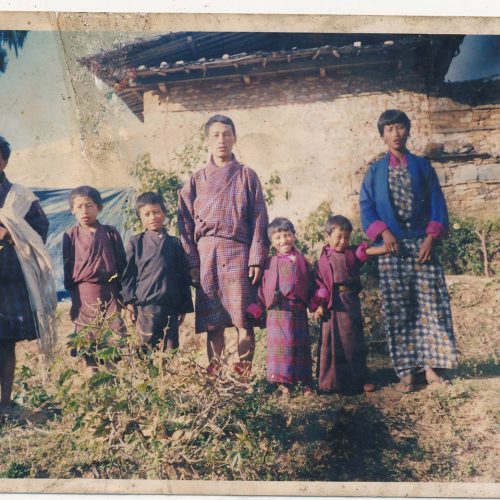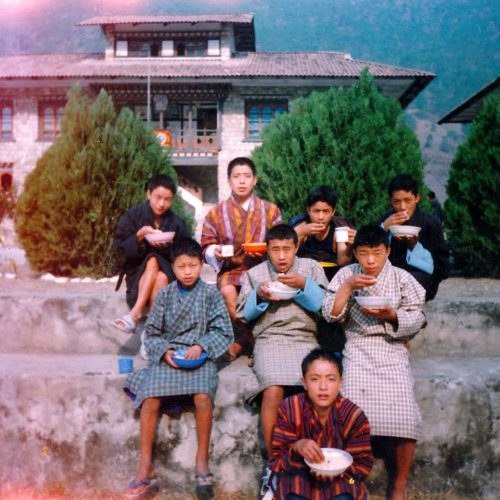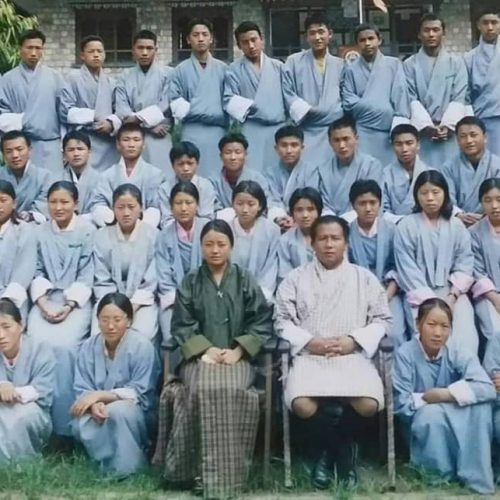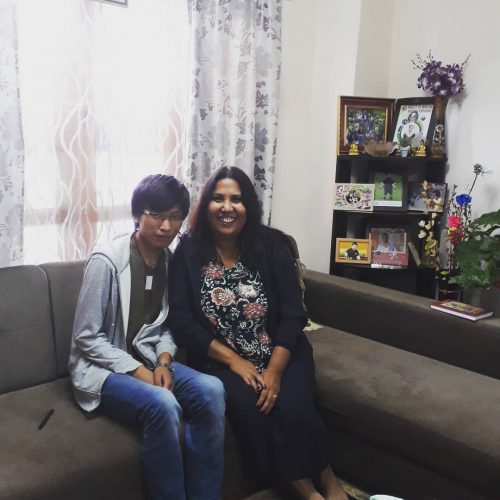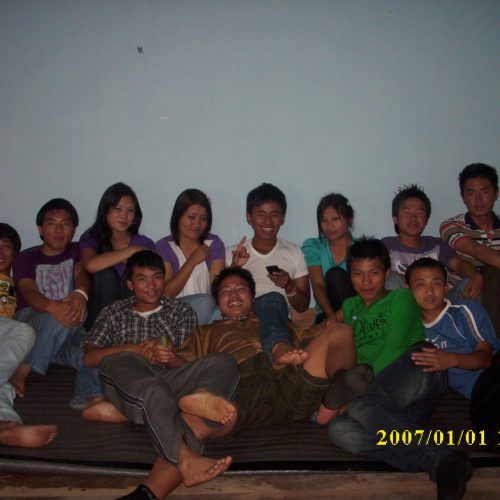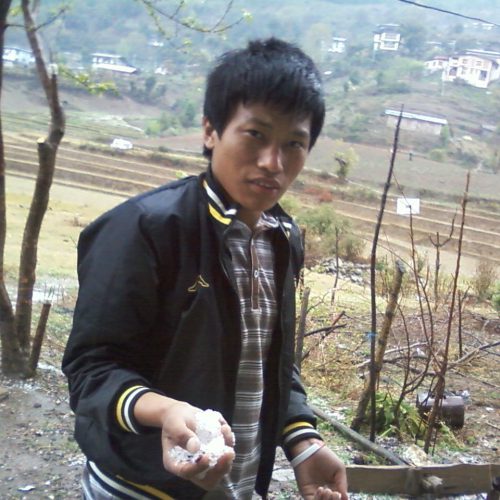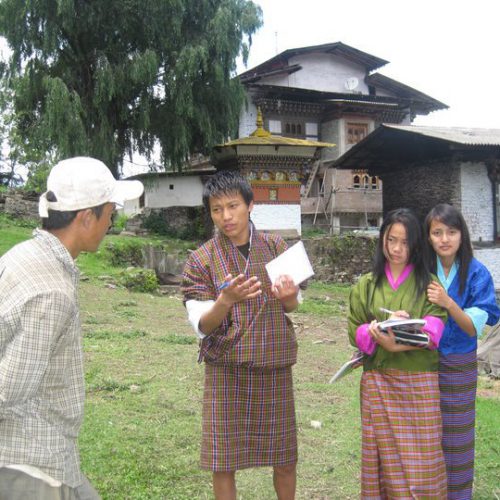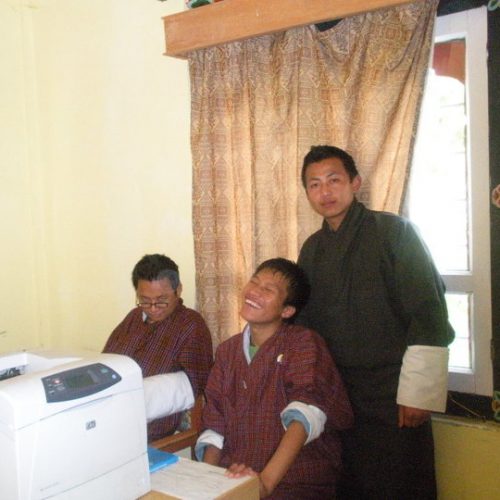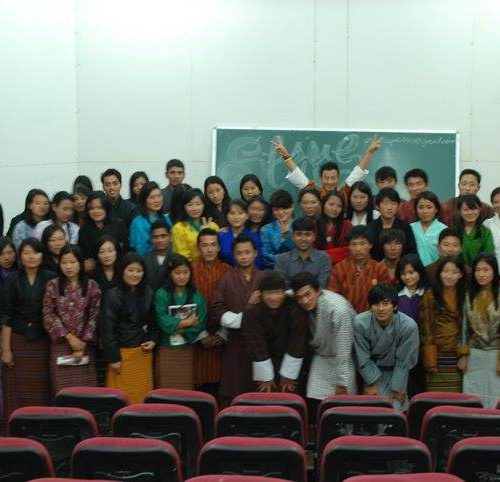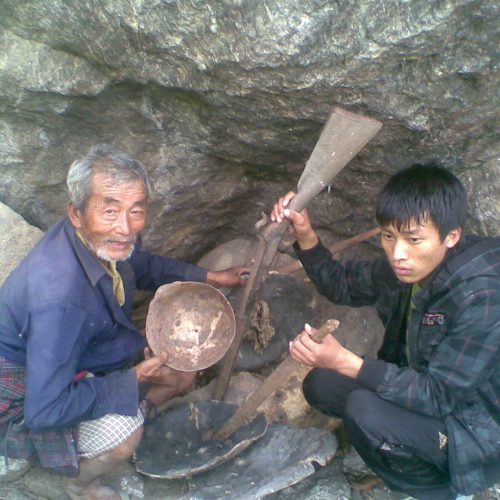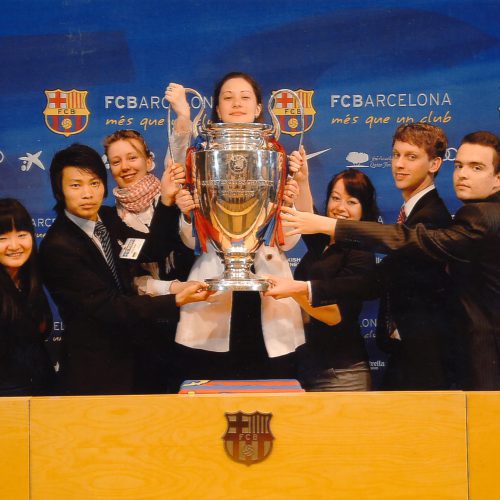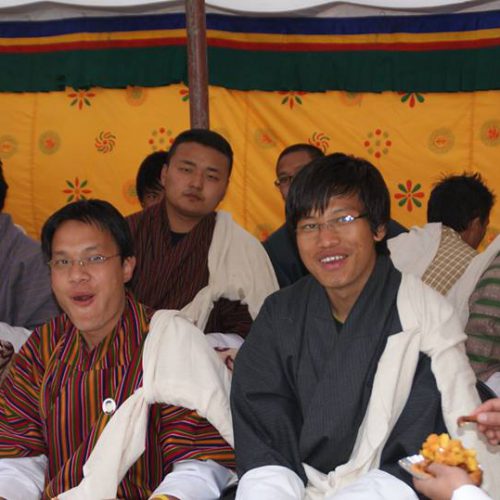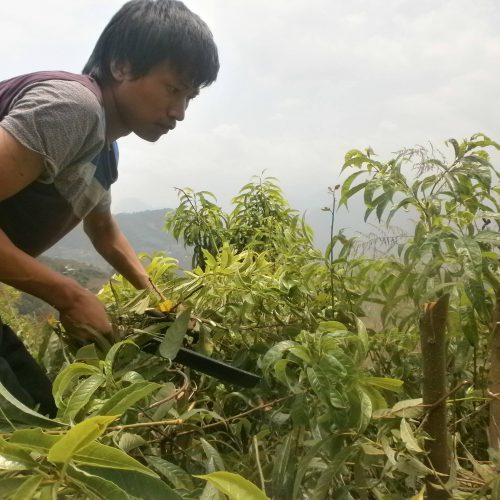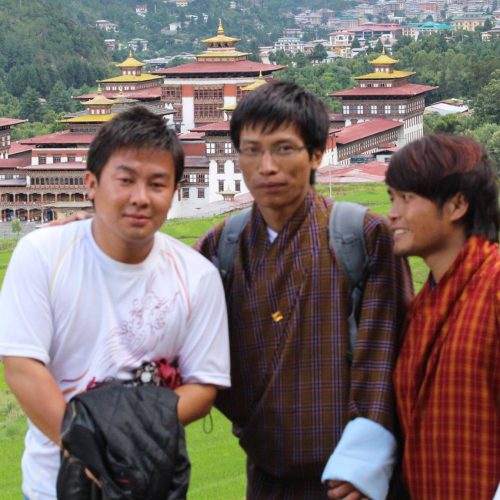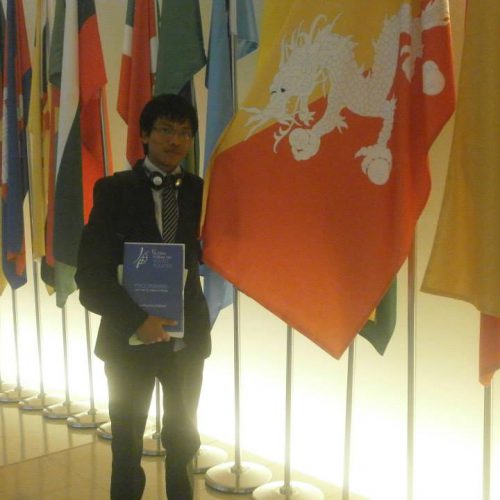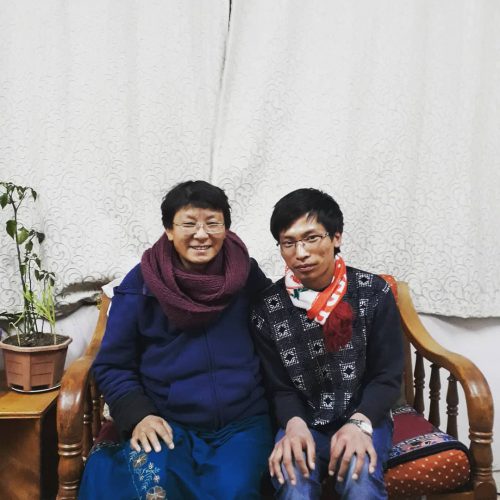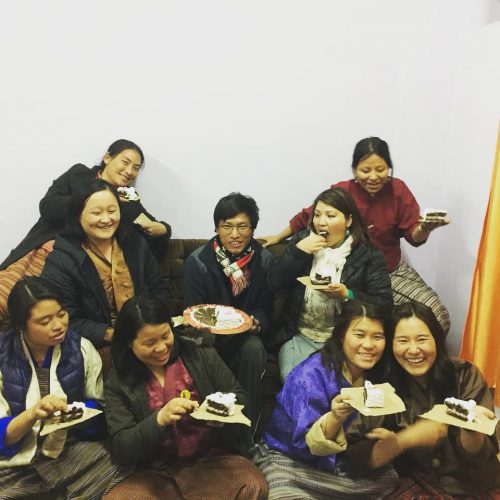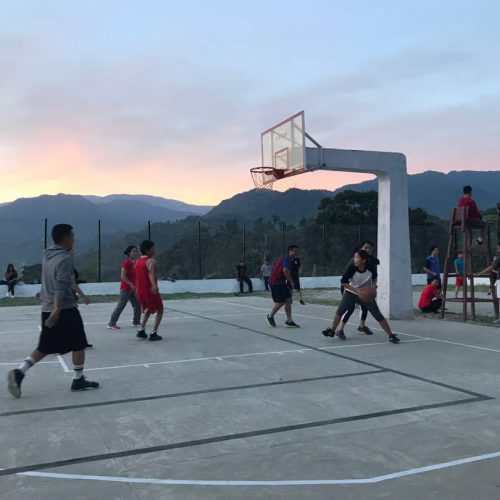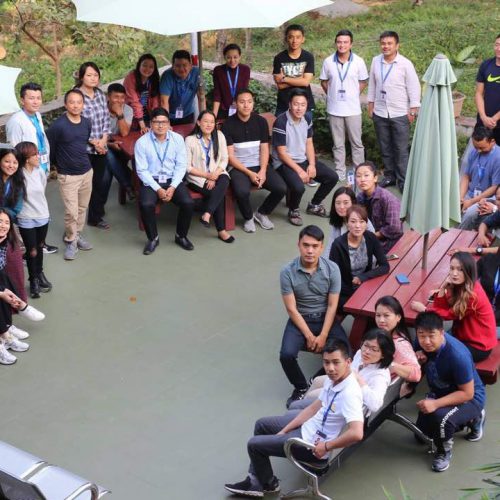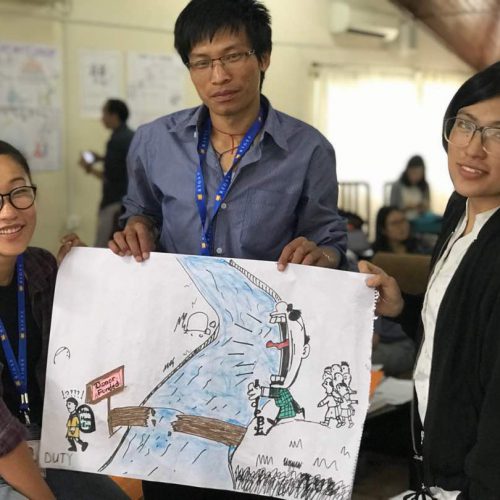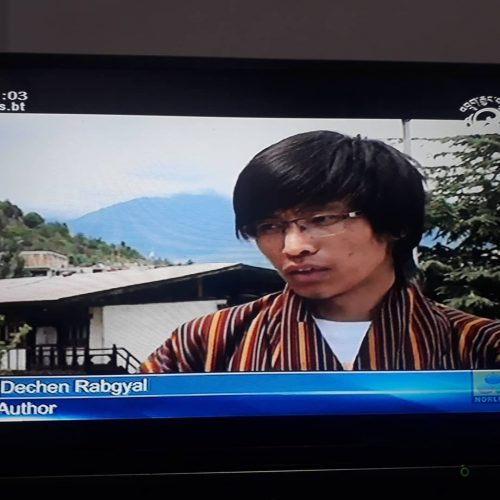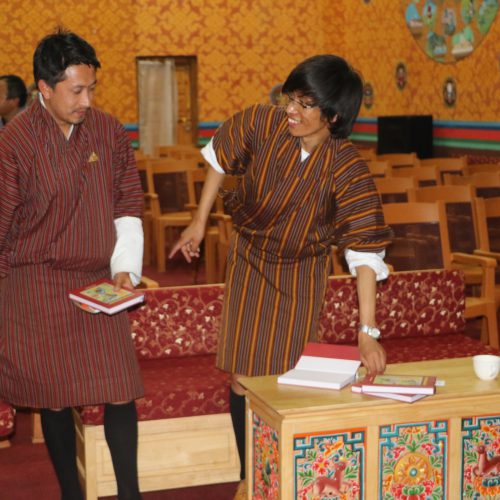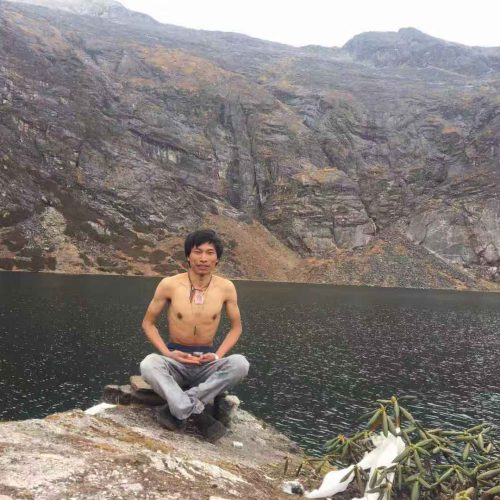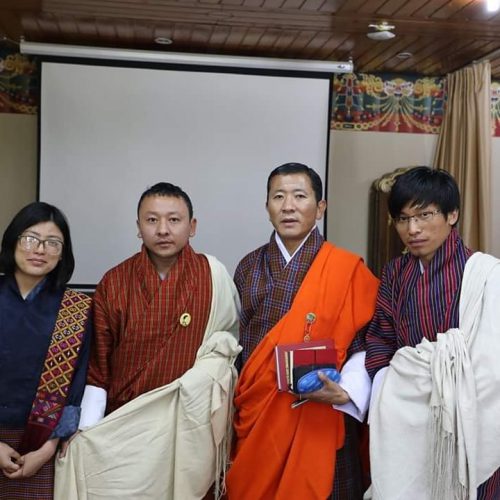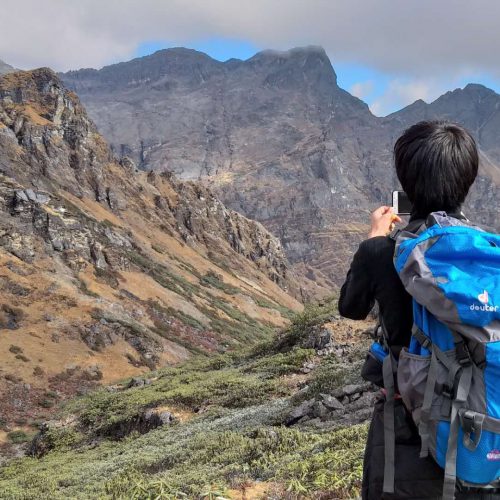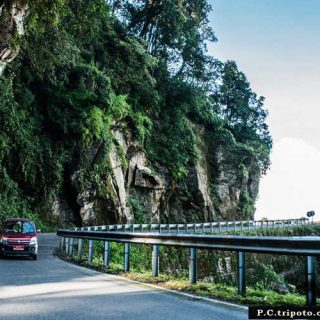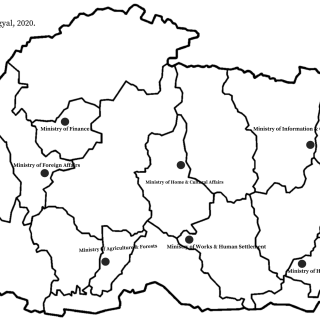Now that I have written – an epilogue
Conclusion
“...The moment you reach the mountain top, you descend and start again from the valley floor...” told Ama on 23 August 2021 over a wechat video call. I was sharing with her that I will complete my studies here at the LSE in a couple of months. Her lamentation is the reservation she had when I resigned from the civil service and a sense of disappointment that still lingers within her. As my friend Rinchen wished on the eve of my Bhutan Civil Service Examination in 2013, ‘the view is always good from the top,’ I saw the magnificent government offices in Thimphu, and two lane roads being paved in the heart of Thimphu Thromde. I also saw the fast crowding neighbourhood of Kawajangsa with construction of government offices, relocation of international offices such as the United Nations agencies, and fast growing residential buildings. On my travels as a government official to Zhemgang and Mongar, I came across poor road infrastructure in Goshing. A family putting up in a hut in Chaskar did not have money to pay fare to come to Mongar town. I would not have seen these realities on the ground from the magnificent building of the ACC at Kawajangsa. On the other hand, Thimphu Thromde could afford to construct, dismantle and reconstruct the drainage system. In these observations, I saw a disparity between the centre and periphery.
In this compilation, I tried to tell a story of hitherto life lived – in a countryside Mongar, fast bustling Thimphu, and cosmopolitan Europe. If my story tells anything but an interaction between an individual and society, society shapes as much as you try to make meaning of life from the opportunities you are offered, and challenges you are made to overcome.
For breakthroughs to happen, the convergence of enabling conditions at the systemic level, and initiative at the level of individuals is essential. State provision of services, including investment in social sectors such as education will be least effective if individuals do not take chances. Equally, the agents of socialisation – family, community and larger institutional arrangements – play a significant role in the life-course of an individual. Understandably, interdependence is at work.
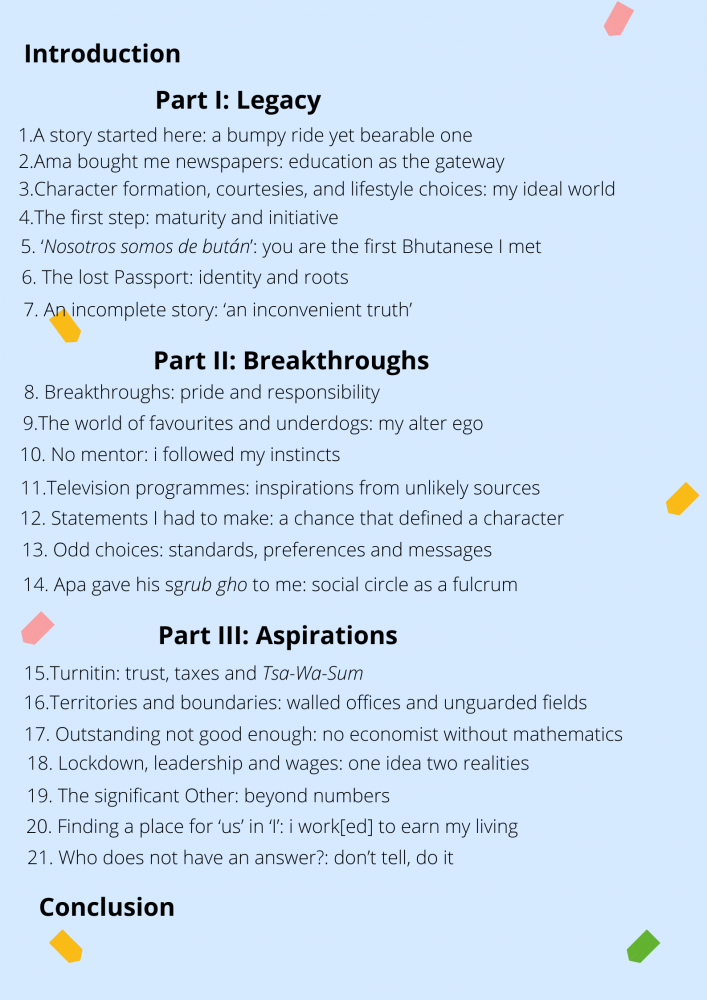
As one could have made in the lines I wrote, sentences I framed, the principal aim of this compilation is to forge a path forward, for me and the aspiration I have for my country. I have made an effort to trigger as much as thoughts in wide ranging topics starting from tax reforms, wage raise, gender to education situated in structural challenges including territorialisation and compartmentalisation, leadership and priorities. Among others, tax reforms including broadening the base would increase the revenue that can subsequently be invested in improving and developing critical infrastructure. Wage raise is expected to improve not only the livelihoods of wage earners but also their children who are affectionately referred to as the future of the nation. Given Bhutan’s state driven economic model, relocating central agencies is expected to reduce the regional inequalities. For Bhutan to thrive economically, with limited natural resources compounded with negligible economies of scale given the politico-economic realities of the region, service industry could be one viable sector to be competitive in international markets. To this end, human resources is critical for which quality of education is essential. These are no definitive solutions. As a parable espouses, “accept the milk even if it is offered by an enemy, decline the poison even if it is given by your parents,” as Bhutan’s integration in the international community deepens and broadens, having started the modernisation process only after the second half of the twentieth century, we can take advantage of the ‘privilege of historical backwardness.’
In a democratic setup, Montesqueiu’s separation of powers and operationalisation of check and balance help in ensuring accountability. But when territorialisation deepens as evidenced by the theme of the twelfth five year plan, ‘coordination, consolidation and collaboration’, drawing insights from principles such as ‘dependent origination’ would help see each-other as collaborators, not competitors. Is the trust deficit a challenge? Or does Bhutan as a country lack a goal – a destination statement – that each agency and actors pursue their survival as the overarching goal. Or will ‘sandwiched between the two populous countries’ be our excuse not to dream big?
How do we move forward then? An agency in individuals needs to be recognised and a sense of duty appreciated. Isolated as the case may be, as Tshering’s Facebook post discussed in Chapter 20 suggests, by and large, civil service is seen as sine qua non to do something good for your community. Am I biased because I am already out of the system? In a way, my mother is right to express her disappointment even after two years because I would be seen as not acting in conformity with the interests of the country from whose mountains I drink its water and a place under whose sky/space I bask in the sun. How can we address the supposed trust deficit in non civil service actors – individuals, corporate bodies, private sectors and civil society organisations? With Bhutan 2020 behind us without much footprints in relation to its stated goals, otherwise a profound roadmap document, perhaps developing one similar roadmap document, ‘Vision 2050: Peaceful, Prosperous and Equitable Bhutan’ for example, might help come together whereby different actors can identify their respective roles to pursue the stated goal – for us.
As discussed across different chapters, attempts are being made. The 21st Century Economic Roadmap is reported to have been completed by the National Task Force. Education and Civil Service Reforms are underway. There is every reason to be cheerful and hopeful about it. As you would have observed, and as Shantideva espoused,
There is [was] nothing here that has not been explained before
And I have no skill in the art of rhetoric;
Therefore, lacking any intention to benefit others
I write [wrote] this in order to acquaint it into my mind.
More than anything, this compilation was to acquaint myself with the policy positions I take.

